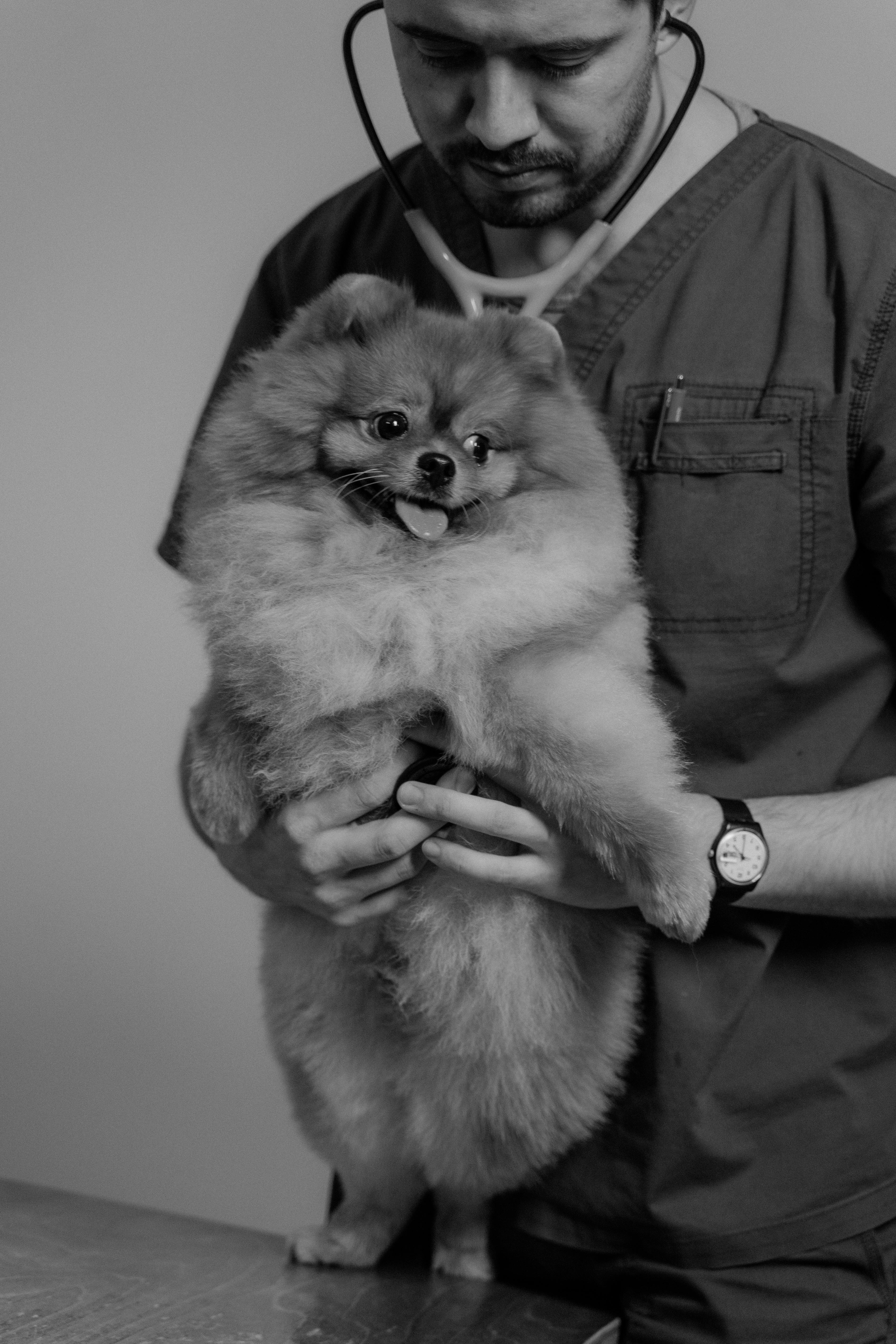Why a 1 Year Health Guarantee Puppy Contract Matters
Bringing home a new puppy is a joyful experience, but it’s also a major commitment. One essential component that often gets overlooked is the 1 year health guarantee puppy contract. This agreement protects both the buyer and the breeder, ensuring the puppy’s health is accounted for during the critical early stages of ownership. In this guide, you’ll learn what this contract includes, why it’s vital, and how to implement one effectively.

Understanding the Fundamentals
The 1 year health guarantee puppy contract is a legally binding document that outlines the responsibilities of both the breeder and the new pet owner. It typically ensures that the puppy is free from congenital or hereditary health issues for at least one year after purchase. Historically, such agreements evolved as breeders sought to maintain higher ethical standards and transparency in dog breeding practices.
Fundamentally, this contract provides peace of mind to buyers while reinforcing breeders’ accountability. Think of it as a puppy’s warranty—much like a warranty you get for a car or electronics, it’s there to protect your investment and wellbeing of the pet.
1.1 Transparency in Breeding Practices
Breeders who offer a 1 year health guarantee puppy contract typically maintain better breeding standards. For example, they often screen parent dogs for genetic diseases and only breed animals with clean health histories. According to the American Kennel Club, genetic testing has increased breeder trust and customer satisfaction by 30% in recent years.
Transparency builds trust. Breeders can highlight their health guarantee in listings or adoption paperwork to attract informed buyers who care about responsible practices.
1.2 Buyer Protection and Accountability
This type of puppy contract ensures buyers are not left helpless if a health issue arises. Unlike verbal promises, written guarantees provide enforceable terms. A well-drafted agreement clarifies what conditions are covered, how claims are handled, and what remedies are available—such as replacement or refund.
In one case, a buyer was able to receive full veterinary compensation because the contract clearly included joint dysplasia under covered conditions.
Practical Implementation Guide
Understanding the value of a health contract is one thing—implementing it effectively is another. Whether you’re a breeder or a buyer, knowing how to craft and execute this agreement can prevent misunderstandings and ensure long-term satisfaction.

2.1 Actionable Steps
- Draft the contract: Use a lawyer-approved template that includes congenital health coverage, timelines, buyer responsibilities, and remedy options.
- Include health vet checks: Attach records of vaccinations, vet checkups, and genetic screenings conducted before the sale.
- Set expectations: Clearly list what buyers should do (e.g., first vet visit within 72 hours) and what voids the guarantee (e.g., neglect).
2.2 Overcoming Challenges
Common challenges in executing a 1 year health guarantee puppy contract include vague language, unclear remedies, and unrealistic buyer expectations. These issues often result in legal disputes.
To avoid this, both parties should:
- Use plain, unambiguous language
- Define specific health issues covered
- Document all health checks with dates and veterinarian info
Veterinary professionals suggest scheduling a buyer-side checkup within 3 days of adoption to strengthen claim validity.
Advanced Applications
Some breeders and buyers go beyond basic guarantees by including provisions for behavioral assessments, food allergies, or long-term conditions. These advanced techniques show a proactive approach and deeper commitment to pet care.

3.1 Extended Coverage Clauses
Advanced contracts may include an extension to two years for certain genetic conditions or additional clauses that cover orthopedic issues common in larger breeds. In one breeder’s case study, adding an extended coverage clause resulted in a 40% increase in client referrals and repeat buyers.
3.2 Integration with Pet Insurance
Buyers can be encouraged to pair their 1 year health guarantee puppy contract with pet insurance. This hybrid approach provides a safety net that goes beyond the breeder’s responsibilities. Key compatibility considerations include claim timelines, coverage overlaps, and deductible alignment.
Future Outlook
As the pet industry evolves, so too does the sophistication of health contracts. Digital contract platforms, real-time vet data sharing, and AI-based health assessments are emerging trends.
Over the next 3–5 years, expect breeders and pet buyers to increasingly demand clarity, digital verification, and enforceability in health guarantees. Preparing now by adopting standardized and thorough agreements will ensure you’re ready for the future of ethical pet acquisition.
Conclusion
Three key takeaways from this article:
- The 1 year health guarantee puppy contract offers peace of mind for both breeders and buyers
- Clear documentation and vetting are essential for effective execution
- Advanced features like insurance pairing enhance protection
Whether you’re adopting your first puppy or refining your breeding program, implementing a strong health contract is one of the smartest steps you can take. Start by reviewing your current practices or exploring templates that match your specific needs.
Frequently Asked Questions
- Q: What is a 1 year health guarantee puppy contract? A legally binding document ensuring your puppy is free from congenital or hereditary health issues for the first year after adoption.
- Q: How do I get started with one? Begin by consulting with your breeder or using a legal template to understand your rights and responsibilities.
- Q: How long does it take to put in place? It can be prepared and signed on the day of purchase, but reviewing it ahead of time is recommended.
- Q: How much does it cost? Most breeders include it in the puppy price. If done independently, legal consultation might cost $100–$300.
- Q: Is this better than pet insurance? They serve different purposes—a health contract is a legal guarantee, while insurance helps manage ongoing care costs.
- Q: Is it hard to understand or enforce? Not if it’s written clearly and both parties follow the terms. Enforcement is easier with supporting vet records.
- Q: Can this apply to all breeds? Yes, but specific clauses may differ. Large breeds may need orthopedic coverage, while smaller breeds may focus on respiratory issues.
